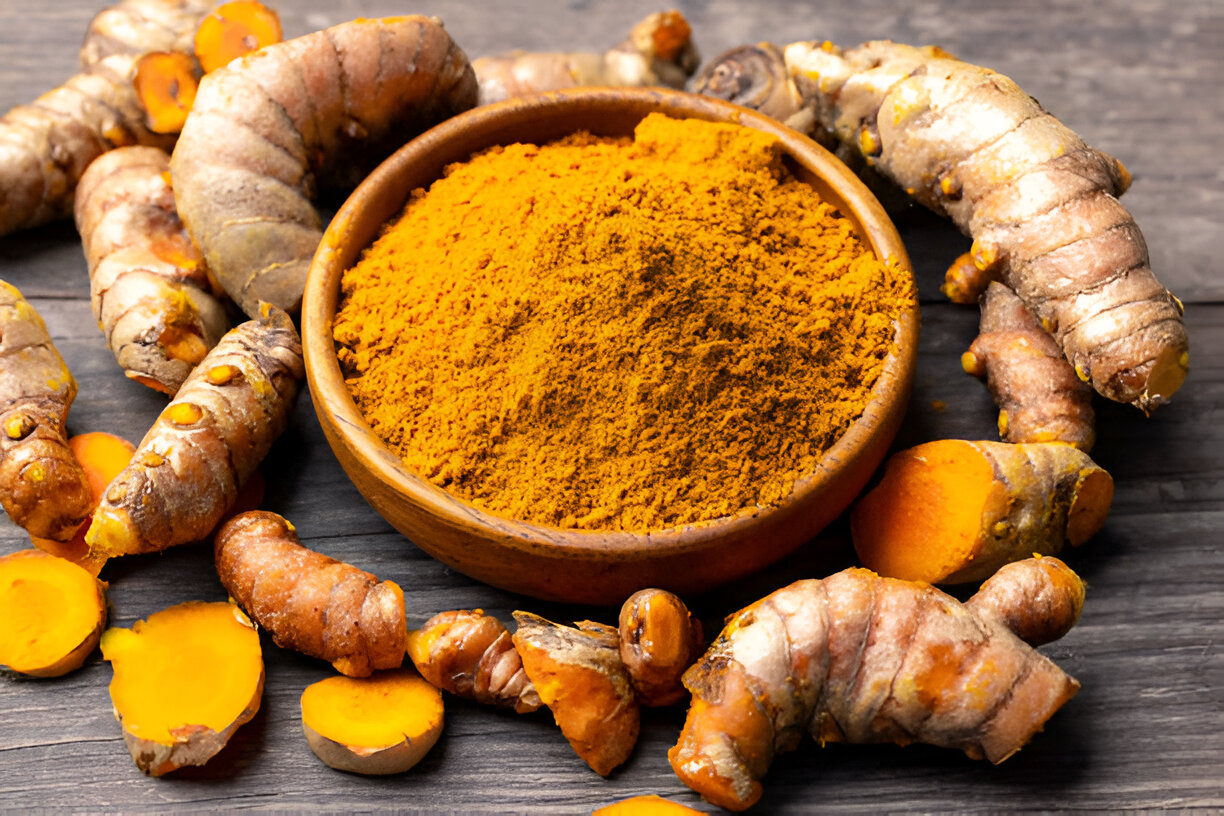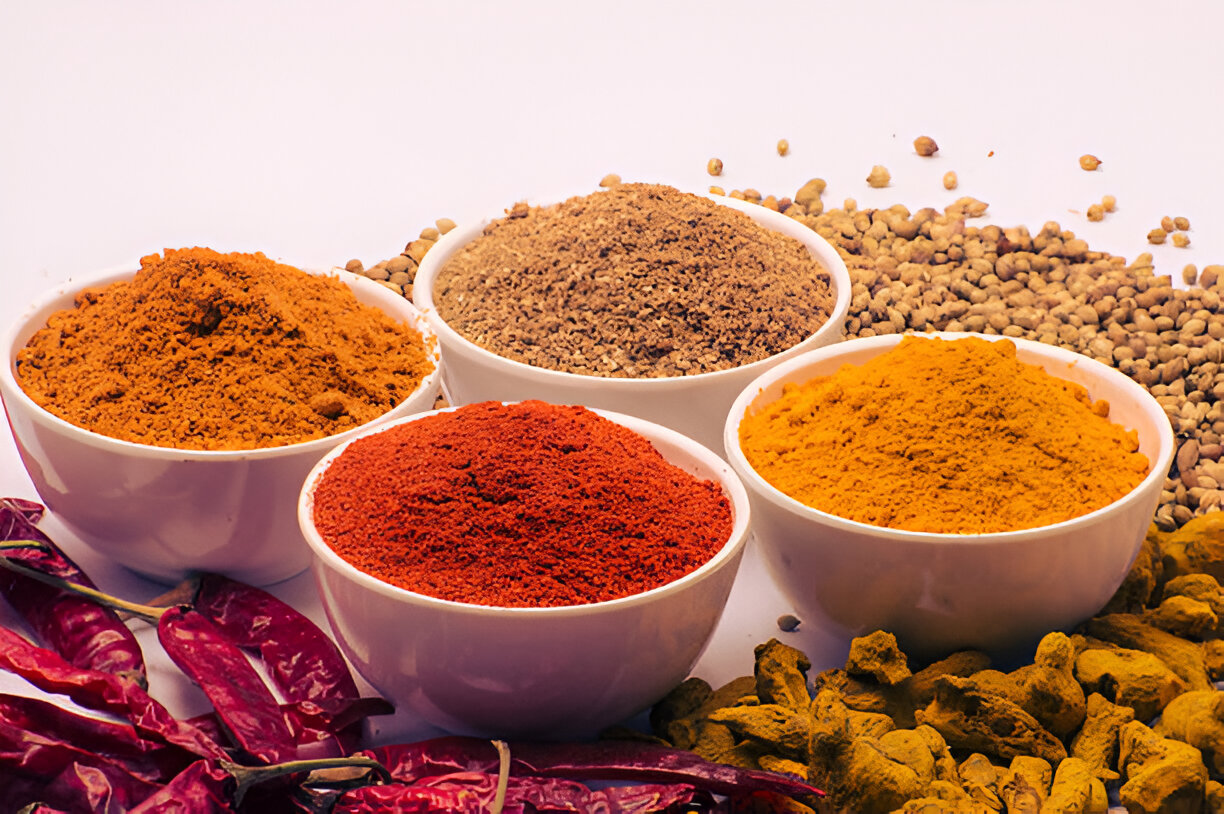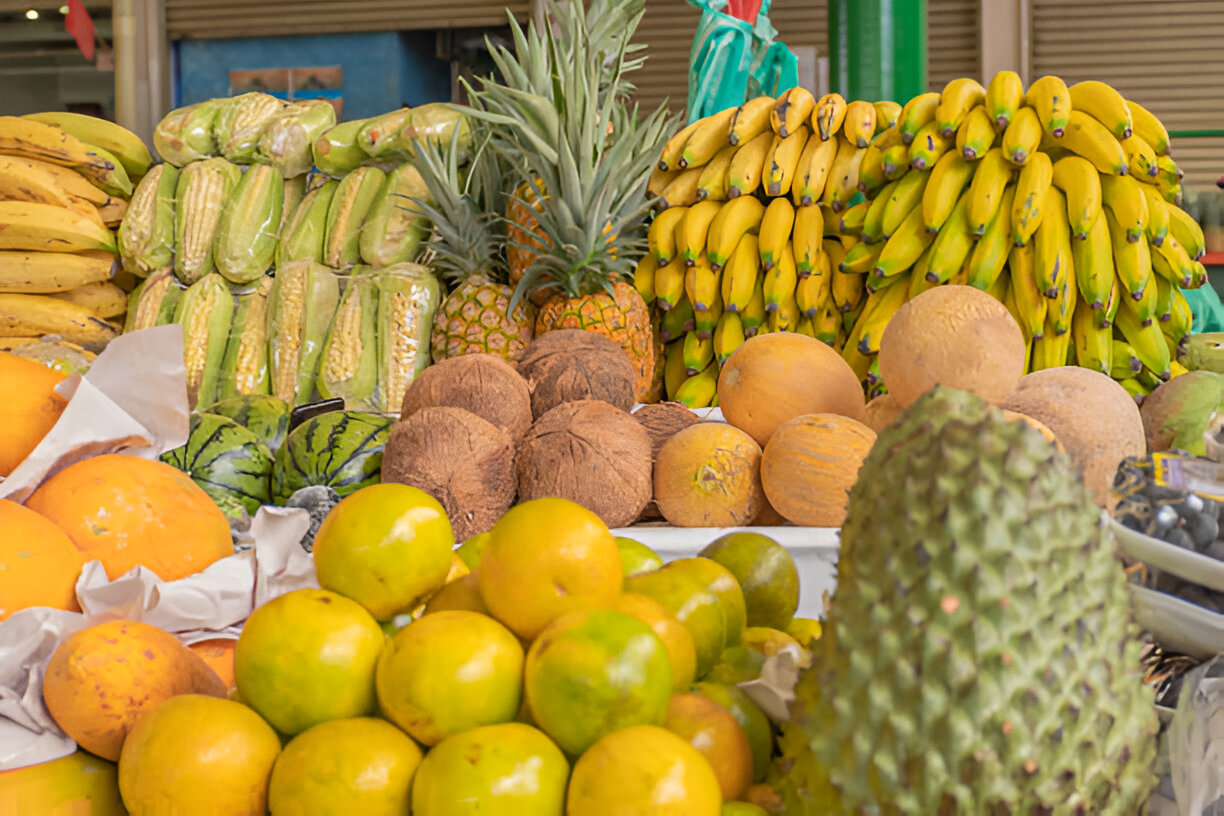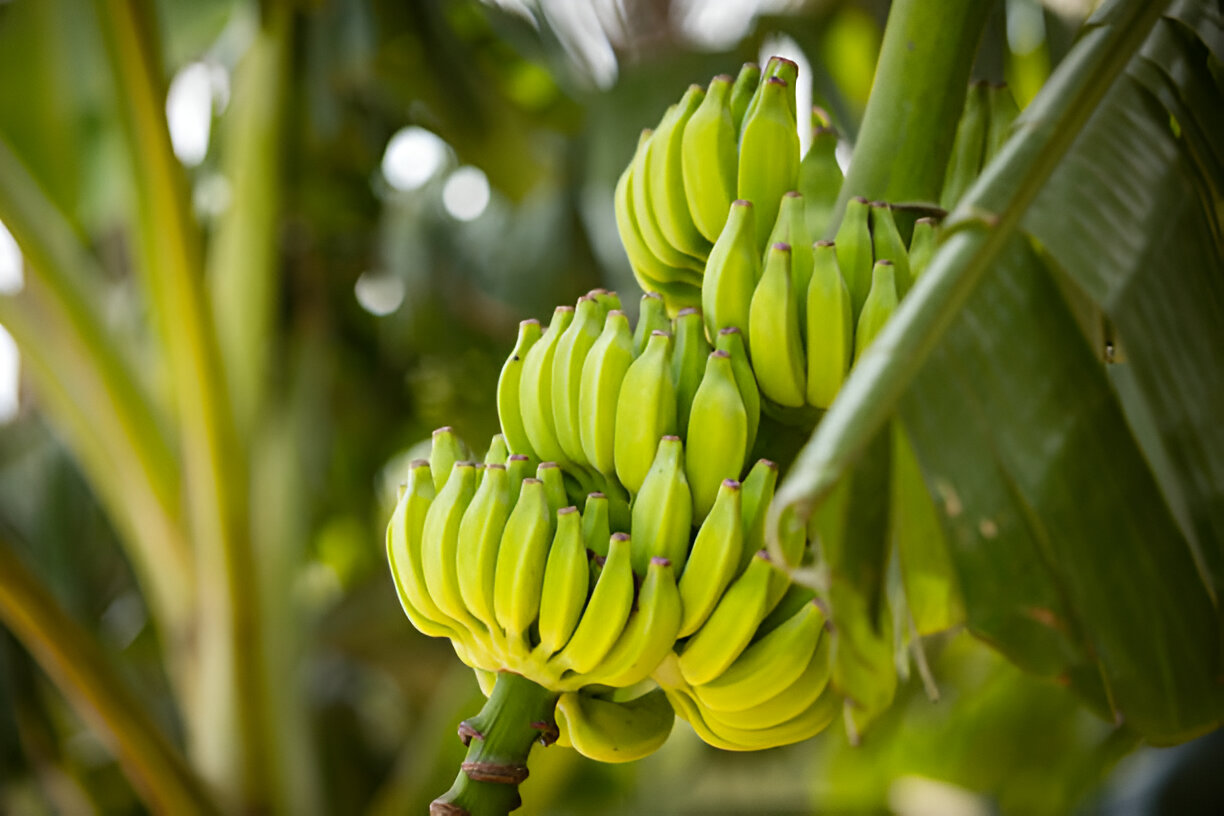India, often referred to as the “land of spices,” is home to a rich heritage of aromatic, vibrant, and medicinally potent spices. Among them, turmeric stands out not only as a staple in Indian kitchens but also as a natural healer backed by centuries of traditional wisdom and modern science. For businesses looking to tap into the lucrative turmeric trade, the journey to importing this golden spice from India goes beyond simply finding a reliable supplier. Understanding the complexities of turmeric sourcing—from varieties and quality standards to ethical practices and sustainability—is key to success. In this blog, we’ll walk you through essential considerations to help you navigate the world of turmeric imports like an expert.
Understand the Varieties of Turmeric
Turmeric comes in different varieties that offer a fascinating range of flavours. Each variety has unique characteristics and healing properties. “Alleppey” and “Sahyadri” turmeric are pantry staples, but an intensely craveable pantry will have some rare and rural varieties of turmeric.
Alleppey turmeric is a preferred choice due to its medicinal properties and culinary uses. It is darker and contains high curcumin content. Sahyadri, on the other hand, adds a bold taste and colour vibrancy. It is highly recommended as an anti-inflammatory remedy. The point is, knowing how each variety is best used will help predict demand.
Quality and Standards
Turmeric is only as good as its organoleptic qualities. Always check a supplier’s certification and accreditations. These documents serve as proof of competence and credibility in handling a specific product. How turmeric is handled affects its taste, flavour, smell, and medicinal properties. Certification and accreditation are indicators of quality.
When working with a supplier, request a sample to keep your expectations in check. Get in touch with an exporter and ask about their product sample process (each supplier will have a slightly different process). A good supplier will happily share samples of their turmeric.
Building Relationships with Suppliers
It’s easy to take for granted supplier relationships. Having a strong relationship with a supplier will not only facilitate smooth daily operations but also secure a better rebate deal, enhance collaboration, and foster goodwill. The Indian spice supply chain is a complex system. Building a good rapport will make navigating this landscape a breeze.
Working with an established turmeric exporter in India means that things generally proceed smoothly. It will enable you to negotiate prices, maintain product quality, and ensure consistent supply. The supplier will help you understand the spice sourcing practices and advise on measures you can take to stay ahead.
Ethical Sourcing
The further down you go in the turmeric supply chain, the less control you have. This lack of visibility is a reason to prioritise a supplier with a proven commitment to the ethical sourcing of turmeric. Keep in mind that turmeric is sourced from small farmers who depend on the income from turmeric sales for a living.
Your brand faces ethical risks, including, but not limited to, cost-cutting measures such as child labour and poor working conditions. Become vested in the success of these farmers, too. Only work with suppliers that uphold certain ethical standards, decent working conditions, and fair pay.
Navigating Import Regulations
The dynamics of international commerce are constantly changing. A long-term relationship with a turmeric supplier will help familiarise you with the complex export regulations in India. Keeping up with the complex rules regarding the import and export of agricultural products will save you from expensive fines and harm to your brand.
Consider Sustainability
People are becoming increasingly aware of sustainable farming practices. An established exporter will be able to provide information about the farming practices. Spice consumers are sceptical about any practice that can threaten the integrity of the final taste, flavour, smell, and colour of the turmeric.
Final Word
Sourcing turmeric from India offers tremendous opportunities for importers who understand the importance of quality, ethical sourcing, and strong supplier relationships. By prioritizing these key elements—along with staying informed about import regulations and sustainable practices—you can ensure a seamless and successful turmeric sourcing journey. Whether you’re aiming to boost your business or offer customers the finest turmeric, partnering with a reputable exporter like White Feather Export can set you on the right path.
Also Read: Turmeric Powder vs. Fingers: What Works Best for Your Business?




